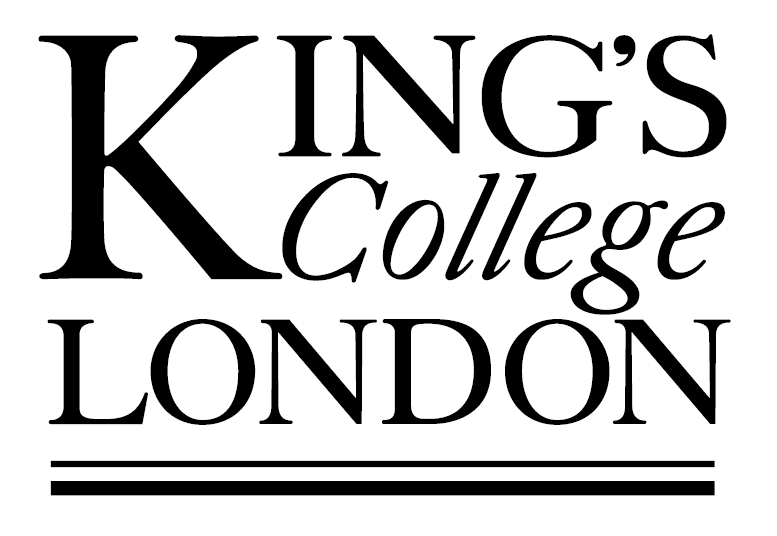PUBLISHED IN TCI WEEKLY NEWS
August 1st 2015
 Over the past couple of weeks at Mark Osmond Dental Clinic we have been hosting some students who are part of the Clinical Exploration Program, here on Provo. This is a great initiative that enables aspiring medical students in TCI to visit various different medical establishments and experience the day-to-day running of the organization. At my clinic the students are able to watch the full range of dental treatments plus see ‘behind the scenes’ at the equipment we use and the strict protocols we follow in order to maintain a hygienic environment and instruments.
Over the past couple of weeks at Mark Osmond Dental Clinic we have been hosting some students who are part of the Clinical Exploration Program, here on Provo. This is a great initiative that enables aspiring medical students in TCI to visit various different medical establishments and experience the day-to-day running of the organization. At my clinic the students are able to watch the full range of dental treatments plus see ‘behind the scenes’ at the equipment we use and the strict protocols we follow in order to maintain a hygienic environment and instruments.
Therefore I thought I’d use this week’s column to look at the process of how one becomes a dentist and the types of things a dental school may be seeking in the recruitment process. I will mainly refer to the process in UK as this was where I qualified and where I recruited new dentists to my dental practices. However, broadly speaking the same would apply to other countries such as US or Canada.
Not surprisingly science subjects at ‘AS’ and ‘A’ level are an entry requirement to all dental schools. All courses will ask for chemistry or biology (usually both) and it is also common to also have a third science, either physics or maths. Most UK universities are looking for straight As at ‘A’ level. As competition to get a place is pretty fierce many UK university Medical and Dental Schools also require the student to pass The UK Clinical Aptitude Test (UKCAT) which helps universities to make more informed choices from amongst the many highly-qualified applicants who are applying. Additional to this the universities favour students who done some work experience in a caring/health environment and/or observation in a dental clinical setting. (Just like our Clinical Exploration students are doing!)
Once at dental school you study for a minimum of 5 years. A typical UK course has three main components. The first consists of subjects common to medicine and dentistry, progressing from biomedical sciences, through behavioural sciences, epidemiology, pathology and microbiology to human disease. The second includes oral and dental aspects of the biological sciences leading to an understanding of the diagnosis, prevention and treatment of oral and dental diseases and disorders and the effects of systemic disease on the oral and dental tissues. The third component consists of the clinical and technical aspects of dentistry with the provision of comprehensive oral and dental healthcare for patients of all ages. Throughout the five years of the course the student will, in addition to acquiring the practical skills necessary to become a dentist, acquire communication skills, personal management skills, information technology skills and an appreciation and analysis of ethical and legal issues in dentistry. Sound like fun?!
Once qualified either as a BDS/ BchD- Bachelor of Dental Surgery- (or DDS in United States- Doctor of Dental Surgery) you would either go on to further study, possibly specializing in a specific field of dentistry, or work in a hospital or go into a practice and work under an experienced dentist gradually building up expertise and experience. Many dentists go on to either set up their own practice or buy into an existing practice.
Finally, you do not stop studying then! The General Dental Council of UK consider that it is “the ethical duty of dentists to continue to undertake appropriate continuing education for the duration of their professional practice” and since January 2002 continuing professional development (CPD) has been mandatory for all dentists on the UK Dentists Register.
 For more information on studying to be a dentist in UK, take a look at www.kcl.ac.uk/dentistry. This is Kings College London where I studied. Also, please feel free to contact me for work experience or just a chat.
For more information on studying to be a dentist in UK, take a look at www.kcl.ac.uk/dentistry. This is Kings College London where I studied. Also, please feel free to contact me for work experience or just a chat.